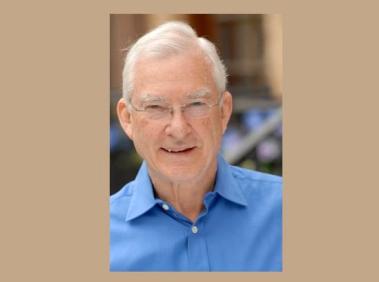The Dallas Morning News Is On the Right Track - Charlie Warner - MediaBizBloggers

Many traditional journalists were up in arms last week when the Dallas Morning News announced that senior editors in the sports and entertainment departments would report to executives from the business side of the newspaper. Purists accused the A.H. Belo paper of breaking down the traditional wall between the editorial and business/sales sides of the business.
Really? The newspaper Titanic is sinking fast and the journalism dinosaurs are arguing about the proper color of life preservers.
DallasMorning News Executive Sports Editor Bob Yates said in a phone interview with Richard Prince of the Poynter Institute, "To me, this is nothing new for the newspaper. Editors of the paper report to the publisher. It's the same pattern."
And it's been the same pattern in television and magazines for decades, but the arrogant journalism elitists who benefited from newspaper monopolies that were sustained by massive barriers to entry looked down their noses on considering the interests of consumers and customers as crass. Journalists had no concept of or interest in the business of news and thought that people in management and, especially, in sales were the bad guys, which I know from first-hand experience because I taught at the oldest journalism school in the country for ten years.
As early as the 1970s television executives, including those in TV news at ABC and at local stations, realized they were not in the news business but in the advertising delivery business and that the goal was to attract eyeballs – get ratings – not necessarily to produce what news people thought was good journalism.
Time, Inc. launched People magazine in 1974 not because Time, Inc. thought it was great journalism, but because it realized that the People section of Time magazine was the most popular section in the magazine and celebrity and human interest stories were what consumers (readers) and customers (advertisers) wanted, and People soon became the most profitable magazine in the world.
The Internet brought down the barriers to entry into the news business and eliminated the basis for many local newspaper monopolies. So what was the response of journalists at these papers? Often they decry massive layoffs. But the Dallas Morning News is doing something radical; it isn't crying, it's on the right track and trying to deal with the problem.
Maybe the business people will suggest to the editorial people in the sports and entertainment sections, which are the only ones affected at this time, to think about what readers are interested in. Maybe they will encourage the reporters to start conversations with their readers, because that's one of the things the Internet does best, facilitate communication and conversations.
Salespeople know how to develop relationships with their customers, maybe the news people will learn to do the same thing with their readers like Nicholas Kristof of The New York Times is doing.
Until he retired in 2002, Charlie Warner was Vice President of AOL's Interactive Marketing division. Before joining AOL, he was the Goldenson Endowed Professor at the Missouri Journalism School where he taught media management and sales, and he created and ran the annual Management Seminar for News Executives. Charlie can be contacted at charleshwarner@gmail.com.
Read all Charlie’s MediaBizBloggers commentaries at Charlie Warner - MediaBizBloggers.
Follow our Twitter updates @MediaBizBlogger

